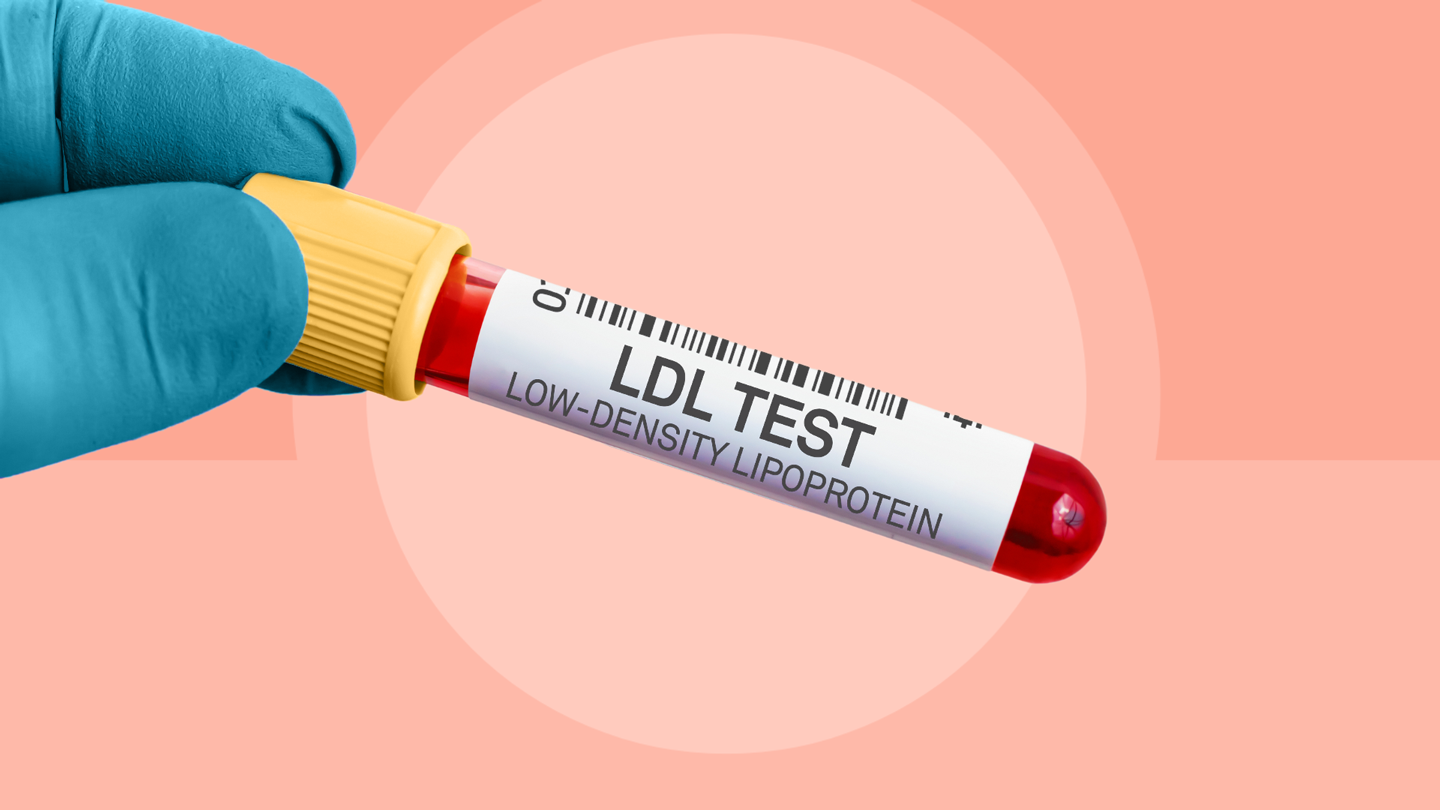How to Lower LDL Cholesterol Naturally: Best Diet and Lifestyle Tips

High LDL cholesterol, often called “bad” cholesterol, is a significant risk factor for heart disease. When it builds up in the arteries, it can lead to atherosclerosis, increasing the likelihood of cardiovascular complications. Fortunately, several natural methods are effective in lowering LDL cholesterol without medication. Here’s a deep dive into dietary, lifestyle, and holistic approaches that are scientifically proven to reduce LDL levels.
1. Adopt a Heart-Healthy Diet
A balanced diet rich in fiber and healthy fats can substantially lower LDL cholesterol.
- Eat More Soluble Fiber: Soluble fiber binds with cholesterol particles and removes them from the body before they’re absorbed. Foods high in soluble fiber include oats, barley, apples, and legumes.
- Choose Healthy Fats: Replacing saturated and trans fats with monounsaturated and polyunsaturated fats can help lower LDL levels. Avocados, nuts, seeds, and olive oil are excellent sources.
- Incorporate Omega-3 Fatty Acids: Omega-3s don’t directly lower LDL but have heart-protective effects, reducing blood pressure and inflammation. Fatty fish like salmon, trout, and sardines are rich in omega-3s, and plant-based sources include chia seeds and flaxseeds.
2. Exercise Regularly
Regular physical activity can help reduce LDL cholesterol while increasing HDL (“good”) cholesterol. Aim for at least 150 minutes of moderate-intensity exercise per week, such as brisk walking, cycling, or swimming. High-intensity interval training (HIIT) can be particularly effective for those who are physically capable, as it has shown significant benefits for cardiovascular health.
3. Lose Excess Weight
Even a modest weight loss of 5-10% can help reduce LDL levels. Fat loss, particularly around the abdomen, is linked to better cholesterol profiles. Adopting a balanced diet and incorporating regular exercise can aid in healthy, sustained weight loss.
4. Reduce Sugar Intake
High sugar consumption is associated with increased LDL and reduced HDL cholesterol. Cutting down on sugary drinks, sweets, and processed foods helps manage cholesterol levels. Opt for natural sweeteners in moderation, and prioritize whole fruits over juices and desserts.
5. Avoid Trans Fats
Trans fats are found in processed foods and are known to raise LDL cholesterol significantly. Check food labels for “partially hydrogenated oils” and try to limit foods that contain them. The FDA has largely banned trans fats, but they can still be present in small amounts in some foods.
6. Increase Plant Sterols and Stanols
Plant sterols and stanols are compounds that prevent the body from absorbing cholesterol. They’re found naturally in vegetables, fruits, nuts, and grains and are also added to fortified foods like orange juice and margarine spreads. Consuming 2-3 grams of plant sterols daily can help reduce LDL levels by up to 10%.
7. Quit Smoking
Smoking damages blood vessels, accelerates the accumulation of LDL cholesterol in the arteries, and reduces HDL levels. Quitting smoking can improve cholesterol levels, reduce blood pressure, and lower the risk of heart disease.
8. Manage Stress
Chronic stress may lead to habits that negatively impact cholesterol, such as overeating or choosing unhealthy foods. Engaging in stress-management techniques like yoga, meditation, or even hobbies can improve overall health, helping to maintain a balanced lifestyle and indirectly benefit cholesterol levels.
9. Consider Supplements Wisely
Certain supplements have been shown to lower LDL cholesterol naturally:
- Psyllium Husk: A source of soluble fiber that can help reduce cholesterol levels. A daily dose of 10-12 grams is recommended for cholesterol-lowering effects.
- Niacin (Vitamin B3): Niacin may reduce LDL levels and increase HDL. However, it should only be used under a doctor’s guidance as high doses can have side effects.
- Garlic Extract: Some studies suggest garlic may have a modest effect on lowering LDL levels. Raw garlic or garlic supplements can be added to a balanced diet, though effects may vary.
Frequently Asked Questions (FAQ)
Q1. Can I lower LDL cholesterol without medication?
Yes, adopting a healthy lifestyle with a balanced diet, regular exercise, and weight management can naturally lower LDL levels in many cases.
Q2. How quickly can lifestyle changes impact LDL levels?
While individual responses vary, lifestyle changes may begin to show effects in as little as 4-6 weeks, with more significant results visible over several months.
Q3. Are eggs bad for cholesterol?
Moderate egg consumption is generally safe for most people. Eggs are high in dietary cholesterol but low in saturated fat, which has a greater impact on LDL levels.
Q4. What is the difference between LDL and HDL cholesterol?
LDL (low-density lipoprotein) is considered “bad” because it can lead to plaque buildup in arteries. HDL (high-density lipoprotein) is “good” cholesterol, as it helps remove LDL from the bloodstream.
Q5. Can stress increase LDL cholesterol?
Yes, chronic stress may indirectly increase LDL by leading to unhealthy habits, such as poor diet choices or lack of exercise, both of which affect cholesterol.
Q6. Are all fats bad for cholesterol?
No, unsaturated fats (found in olive oil, nuts, and avocados) can actually help lower LDL levels. It’s primarily trans fats and excessive saturated fats that should be limited.
Q7. Does coffee affect cholesterol?
Unfiltered coffee, such as French press or espresso, can raise LDL cholesterol due to certain oils. Filtered coffee has a minimal effect on cholesterol.
Q8. Can alcohol affect LDL levels?
Moderate alcohol consumption may raise HDL levels, but excessive intake can lead to higher triglycerides and, indirectly, LDL.
Q9. Is exercise alone enough to lower LDL cholesterol?
Exercise can positively impact cholesterol, but combining it with dietary changes provides the best results.
Q10. What role does genetics play in LDL cholesterol?
Genetics can significantly affect LDL levels. Conditions like familial hypercholesterolemia require targeted interventions beyond lifestyle changes.
By implementing these lifestyle adjustments, individuals can often reduce LDL cholesterol levels naturally and improve overall heart health. Always consult a healthcare provider before making any significant changes, especially if managing high cholesterol or other cardiovascular concerns.
Caution: This article is for information only. Consult a Healthcare Provider: Before making significant changes to your diet or exercise regimen, it’s important to consult with a healthcare professional, especially if you have existing health conditions or are on medication. They can provide personalized advice tailored to your health needs.






